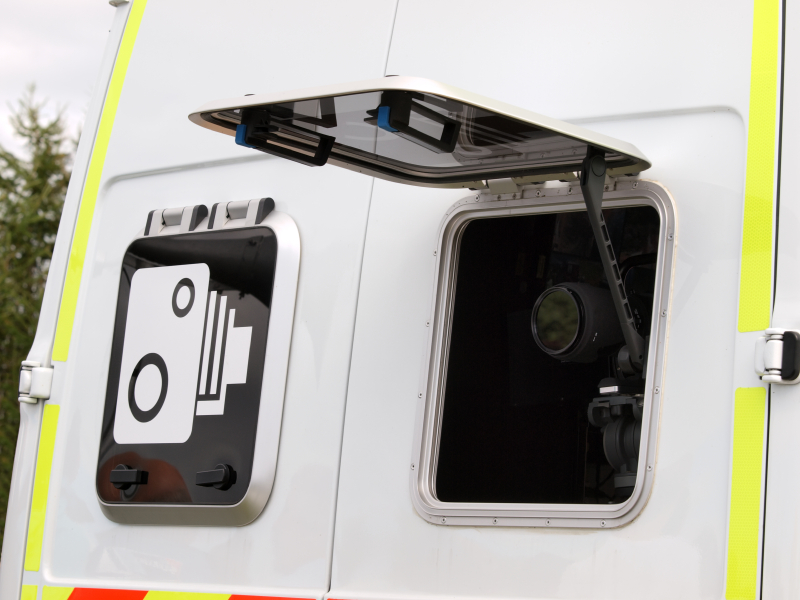Blog Categories

Speeding (Road Traffic Regulation Act 1984 section 89)
What happens if I get caught speeding? It depends how you are caught and how serious the speeding is. If you are caught speeding by a police officer, and the matter is not serious, then usually it will be possible to settle the matter then and there with payment of a fixed penalty (minimum £100) and endorsement (minimum 3 points). Alternatively or additionally the police may at their discretion require you to attend a speed awareness course. In serious cases the police will not issue a fixed penalty notice but initiate court proceedings by a summons to court. They have six months to do that.
If, on the other hand, you are caught by a speed camera, then the next stage will be for the police to send the registered keeper of the car a notice of intended prosecution. They must do this within 14 days. The registered keeper is the presume driver unless shown not to be. The police need only mail the notice by registered post, recorded delivery, or first class post. Unfortunately for the speeding motorist, if the notice is undelivered or not received that does not provide you with a technical defence. You must provide details of the driver within 28 days. The police have six months from the time of the incident to issue criminal proceedings, either through a fixed penalty notice or, in more serious cases, a summons to court.
What if you want to dispute the charge? If you are caught speeding by police officers, you can always offer whatever explanation or challenge you may have to the police at the time. It is up to them whether they accept it – no magic formula has yet been discovered to convince the police that they should take no action.
If the matter goes to court (which will be the magistrates court), the prosecution must prove that you were speeding beyond a reasonable doubt. Opinion evidence – most commonly the opinion of the police – is in itself insufficient to establish speeding. Corroborative evidence of speeding is required. This is in the form usually of a machine reading. The law recognises many devices in many conditions that will establish speeding or corroborate opinion evidence of it. So even if the device is not tested, or not calibrated per the manufacturer’s instructions, or even not approved by the authorities, it is exceptionally rare that its readings are not accepted. The only requirement is that the device is “prescribed”, but that requirement is almost always met, considering the list of prescribed devices is very long.
The reading on the machine is strong evidence of speeding and in most cases conclusive. Where cases are dismissed for want of evidence, it is usually because the magistrates don’t accept the evidence of the police officer, not that the radar was defective.
If the prosecution can establish that you were speeding, the question then arises whether you have any defences. The defence of necessity is often raised but rarely succeeds. You must show, in essence, that he had to break the speed limit due to the prevailing circumstance. It is vital to the defence that there was no other viable alternative.
Another defence might be the signs showing the speed limit on the road were obscured. If some signs are visible and others are not, or if the speed limit can be ascertained from other information, the defence usually fails.
Other defences include showing that the driver was someone else. You might also genuinely not know who the driver was. You could also challenge the radar equipment, but as noted above, this is an ambitious line of argument that has very low levels of success. Emergency services responding to an emergency are exempt from speeding charges (though not other traffic laws such as careless or inconsiderate driving). The exemption has been extended to MI6 agents in recent days.
If you are found guilty at court, the magistrates can impose a range of sentences. Fines up to £2,500 are possible, as well as endorsement up to 6 points, and even disqualification. You can try to mitigate the sentence in a number of ways. Commonly drivers seek to show that they were speeding due to an emergency, or that they will face exceptional hardship if they are disqualified.
If you have been involved in a Road/Traffic Crime then contact Quentin Hunt, or take a look at the information on the Road/Traffic page.